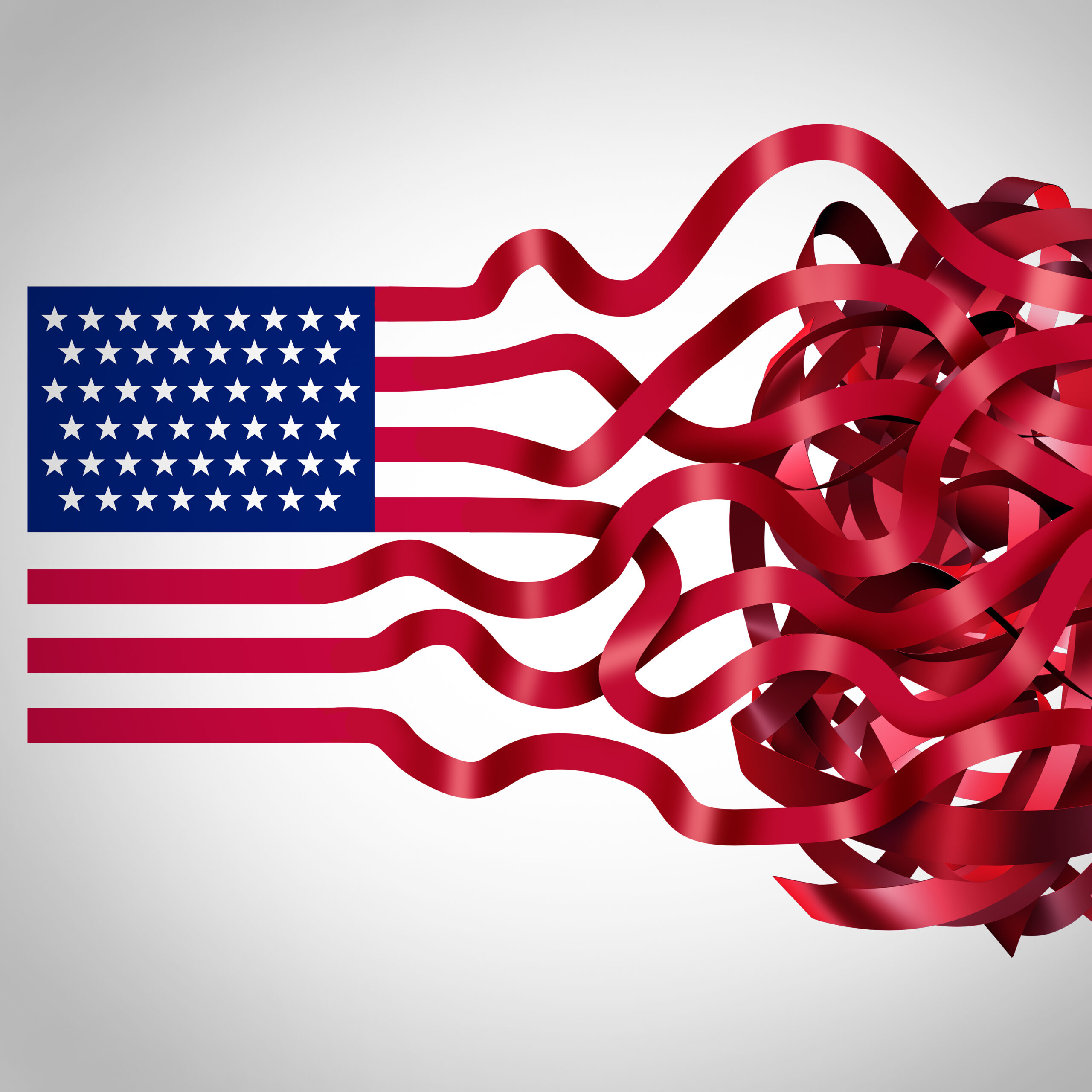
Election Day is almost here. If you’re feeling stressed, here is some help.
(KatieCouricMedia, Tess Bonn) — Election Day is just around the corner — and the race to the finish line has been anything but predictable. Unfortunately for our blood pressure, it’s looking like it’ll be a nail-biter till the bitter end. Polls show that former President Trump and Vice President Kamala Harris are locked in a dead heat. And while Republicans and Democrats are as divided as ever, many of us all share a common emotional reality: election anxiety.
Some people are so worried about the impending outcome that they’ve put their lives on hold — even delaying weddings and avoiding buying a house. Others are losing sleep: Nearly half (46 percent) of respondents to a new American Academy of Sleep Medicine survey reported not getting enough rest due to anxiety surrounding the 2024 election.
“When you feel like something is out of your control, that can make you feel more stressed, anxious, and worried,” says therapist Colleen Marshall, a chief clinical officer at the mental health organization Two Chairs. “This is especially true when it comes to elections.”
It’s important not to conflate feeling anxious (a natural and normal emotion) with a mental health issue. “Anxiety can be defined as a reaction to stress that’s more temporary, whereas an anxiety disorder results in anxiety that persists or recurs, interfering with day-to-day life,” explains psychologist Scott Lyons. “It’s important to recognize that feeling anxious about elections is a common experience, but if you find that it is drastically affecting your daily life, it might be worth seeking professional help.”
If you’re experiencing periodic bouts of apprehension about possible election outcomes, here are some practical tips for managing those emotions as we head into November.
Set limits around news consumption
While staying informed about what’s happening in the world is healthy, reading too much about the election can harm your overall well-being. In fact, research has shown that more political news consumption — especially via polarizing platforms like Twitter and TikTok — is correlated with higher levels of anxiety. So if you’re prone to panic, setting limits for yourself is essential.
“Anxiety often happens when we feel out of control, so setting boundaries around media consumption is one way to regain control and avoid becoming overwhelmed,” Lyons tells us.
So what does this look like in practice? For some, this may mean watching the news for only an hour each day, while others prefer setting aside 30 minutes in the mornings or evenings to scroll the headlines to stay on top of the issues they care about most. There’s no right or wrong way to go about it — the limits will depend on your day-to-day habits. “Set a boundary that feels right to you,” Marshall says.
But Marshall acknowledges that setting boundaries can be tricky at times, especially if someone doesn’t have the same ones as you, so communication is vital. “In my house, if someone is watching the news all the time, I might go outside for a walk instead,” she says. “Or I might talk to that family member about only keeping the news on during certain hours of the day.”
Focus on sparking positive interactions
During this stressful time, navigating relationships with those who might not share your views can be even more challenging than usual.
Lyons recommends focusing on “constructive conversations and activities that foster understanding rather than deepening divisions.” In other words, you don’t have to get to the bottom of every disagreement — consider staying on the surface or finding common ground where possible.
Avoiding political talk altogether, even with family and friends, might be a good idea. But Marshall advises communicating that expectation to your loved ones, especially before spending time together.
“We have lots of beliefs around setting boundaries that are just not helpful, when really, what we all need in our lives is just to be clear about what we need to be and to feel safe in relationships,” she says.
Don’t forget about self-care
The constant barrage of news and heated discussions can make us forget our basic needs. Simple things like sleep, exercise, and a healthy diet can help a lot more than you’d think.
“If you sleep, eat, and exercise well, you physically feel better — and mental health is similar,” explains Marshall.
Even small acts of self-care can have a major impact. The National Institute of Mental Health says incorporating a daily 30-minute walk can boost your mood and overall health. But don’t be discouraged if you can’t get it all at once — because even limited amounts of self-care add up.
There are plenty of other relaxing activities you can do. If a long bath or a good book helps calm your nerves, lean into that. Just try to stick to low-stress hobbies — maybe table that scarf you’ve been struggling to knit for a post-election project.
An opportunity for personal growth?
Election anxiety can also be an opportunity to grow and become more resilient. Our experts agree that the healthier habits we build now can sustain us no matter the outcome in November.
“If we approach it mindfully, election anxiety can indeed be an opportunity for personal growth. It can help us develop better stress management techniques, improve our ability to think critically, and engage in constructive dialogue when faced with different viewpoints,” says Lyons. “In a larger sense, whenever we can calm ourselves in the face of anxiety, we experience growth and teach our nervous systems that we are safe. The more we flex this muscle, the more we build our resilience in the face of uncertainty.”
